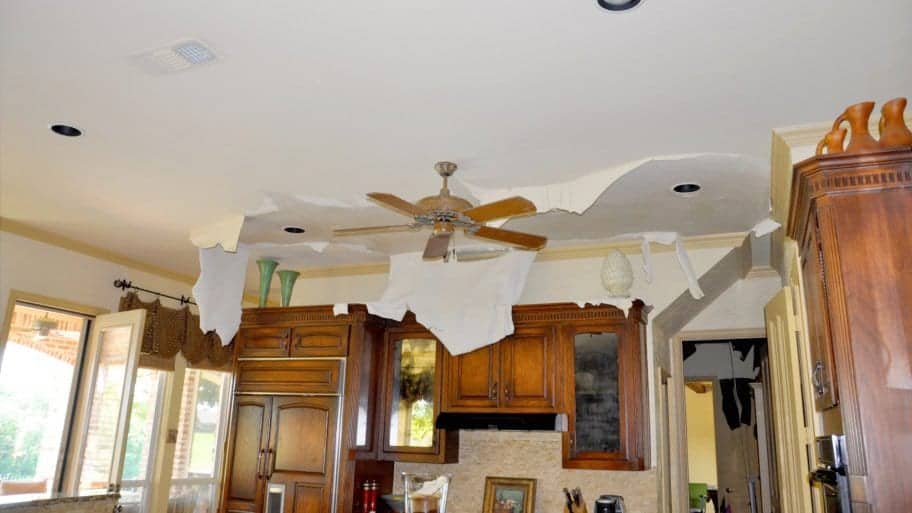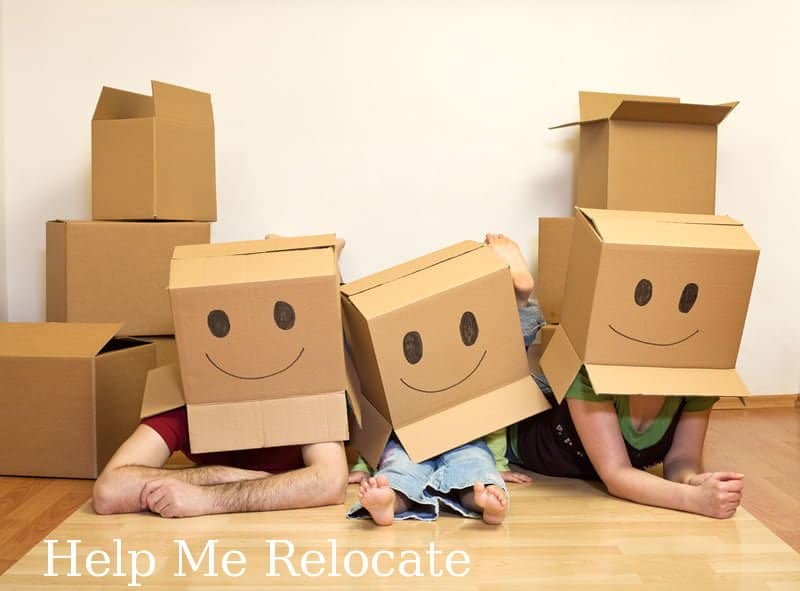Homes are increasingly flooding, not from weather-related events but from old pipes and valves, worn-out hoses on second-story washers, and faulty connections from appliances which use water, The Wall Street Journal reports.

Water Damage From Faulty Pipes Rising
The uptick has sparked a rise in extensive damage from water to homes that’s been reported to insurers. One in 50 homeowners filed a water damage claim annually between 2013 and 2017, as outlined by Verisk Analytics’ ISO insurance analytics unit. Insurers have faced a $13 billion water damage bill from insuring homes.
Claims for water damage average about $10,000, as per the report.
“Wildfires, hurricanes, and tornadoes catch headlines, but the reality is that the number one kind of risk that the everyday consumer has is a water claim,” Jon-Michael Kowall, an executive at USAA in the property insurance business, told WSJ. “It is lurking in the house.”
Adding to the increasing risk, more homeowners are putting their laundry room upstairs. Leaks and water damage from these upper units can result in extensive damage as they move from the upper floors to the lower ones. Also, the increasing number of aging homes with old pipes is causing damage to many homes.
Luxury homes aren’t resistant to water damage from old or faulty pipes. An oceanfront property in Southern California had a 12-foot seawall around it to protect it from outside flooding, however a second-story toilet tank crack caused in excess of $1 million in water damages. The repairs-to the home’s oak floors, walls, artwork, home theater, and more-also took over eight months to finish.
In a pilot program, USAA is having 6,000 policyholders test water-detecting sensors, which are devices to help spot potential water damage before it is more extensive. Also, AIG and a few other insurers will provide premium credits for policyholders using technology which can help detect water leaks.
Homeowners should be aware that not every water damage bill will necessarily be covered by insurance. For instance, standard homeowner policies exclude storm surges and river flooding from coverage. Also, most homeowners’ policies will cover “sudden and accidental” damage however, not routine maintenance. Therefore, homeowners who have ignored a slow leak for months may find insurance denies their claim.
Have a questions or concern? Nick, Cindy & Nicholas Davis with RE/MAX Premier Group are here to assist you with all your Real Estate Needs. We are always available at 813-300-7116 to answer your questions or you can simply click here and we will be in touch with you shortly.





